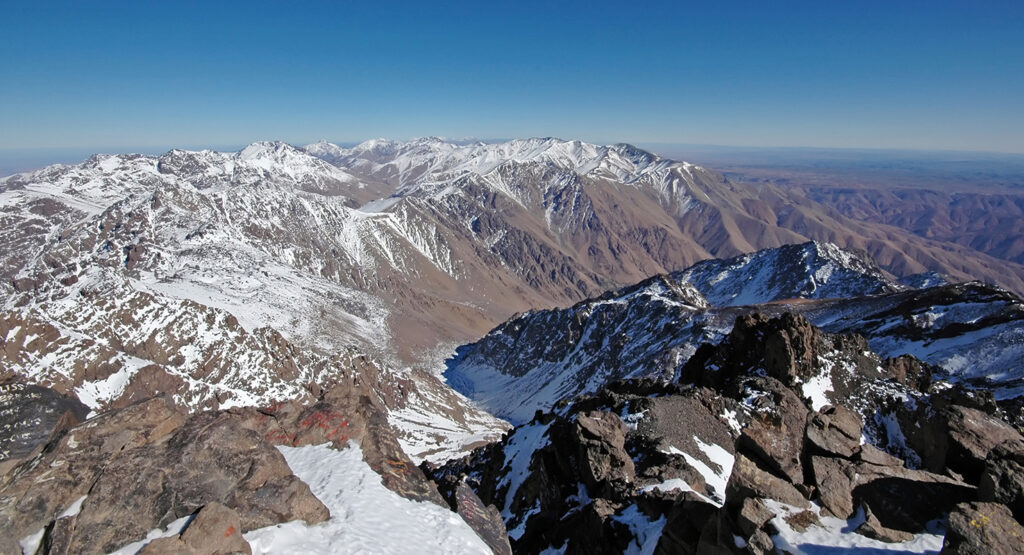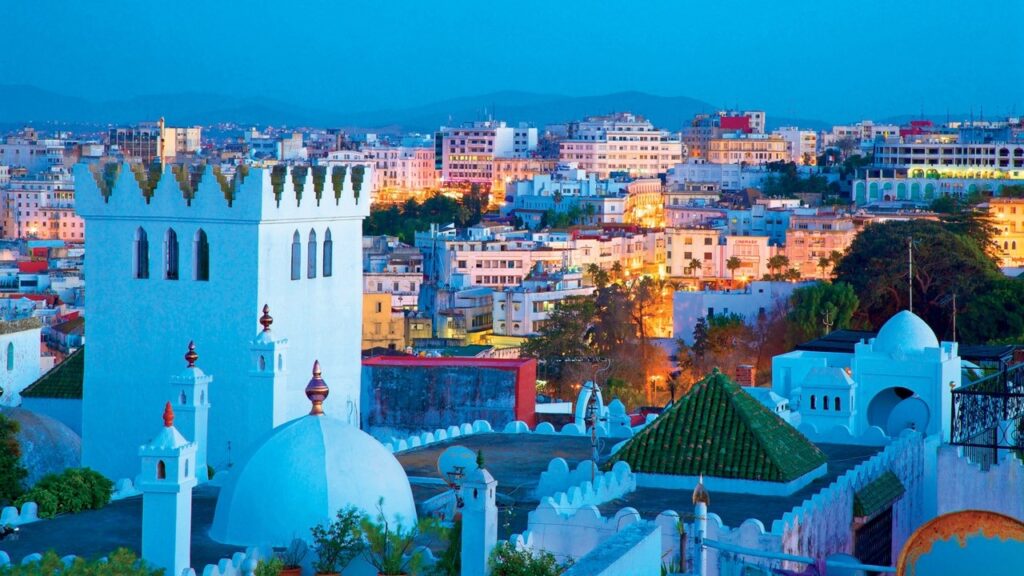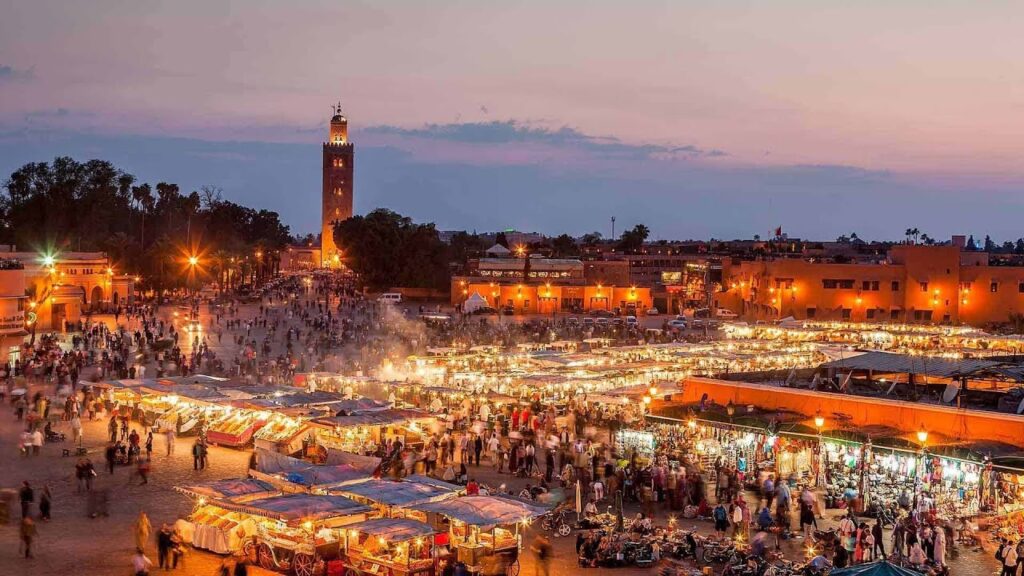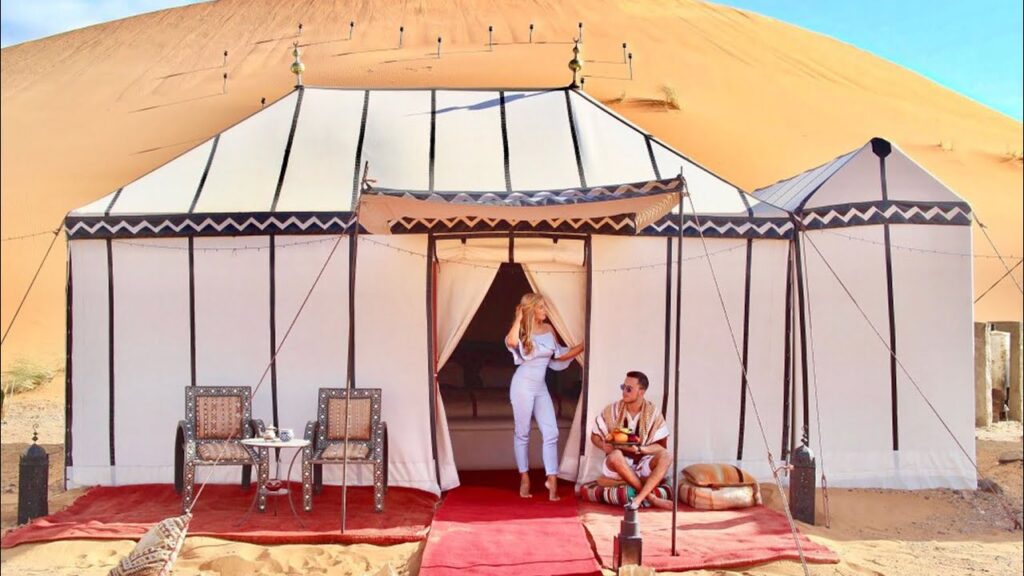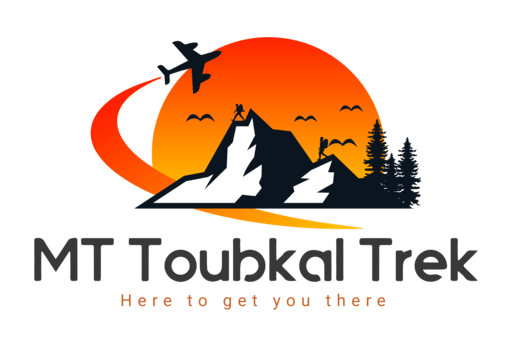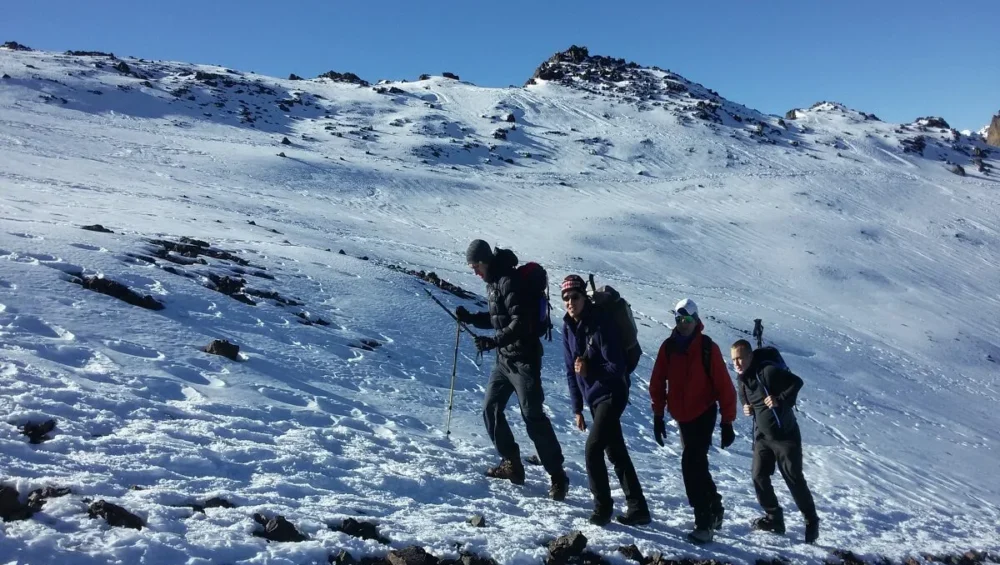Hiking Toubkal Morocco, the highest peak in North Africa, stands majestically at 4,167 meters (13,671 feet) in the High Atlas Mountains of Morocco. Hiking to the summit of Toubkal is a dream for many adventurers, offering an exhilarating blend of physical challenge, natural beauty, and cultural immersion. This trek isn’t just a test of endurance and strength; it’s a journey through the heart of Moroccan wilderness.
Hiking Toubkal Morocco
Most hiking Toubkal Morocco treks start from the small village of Imlil, nestled in the mountains about 64 kilometers south of Marrakech. Imlil is the gateway to the Toubkal National Park and serves as the base camp for most hikers. The village, perched at an altitude of 1,740 meters, is charming and bustling with trekkers, guides, and mules preparing for the ascent.
The first day involves a hike from Imlil to the Toubkal Refuge, also known as the Neltner Hut, located at 3,207 meters. The path winds through lush valleys, Berber villages, and along mule tracks. The trek is moderately challenging, gradually ascending through the Mizane Valley. Along the way, hikers are treated to stunning views of mountain peaks and verdant landscapes.
At the Aroumd village and the shrine of Sidi Chamharouch, trekkers hiking Toubkal Morocco get a glimpse of local life and spiritual traditions. The journey to the refuge takes about 5 to 6 hours and is an excellent opportunity for acclimatization. The summit day starts early, usually before dawn, to avoid the midday sun and to witness the sunrise from the summit.
The climb from the refuge to the peak is strenuous and steep, but the reward is unparalleled. As you ascend, the landscape transforms from rocky paths to barren, moon-like terrain. Reaching the summit of Toubkal is an accomplishment of a lifetime. The panoramic view from the top encompasses the entire High Atlas range and, on clear days, glimpses of the Sahara Desert.
After spending some time at the summit, trekkers hiking Toubkal Morocco descend back to the refuge and then to Imlil, marking the end of the expedition. One of the unique aspects of the Toubkal trek is the opportunity to experience the Berber culture. The local communities living in the Atlas Mountains are known for their hospitality and rich traditions.
Staying in local guesthouses or gites allows trekkers to engage with the locals, enjoy traditional Moroccan meals like tagine, and learn about their way of life. The Toubkal trek is demanding, requiring good physical fitness. Regular hiking, cardiovascular exercises, and strength training are recommended to prepare for the ascent.
Also, proper gear is essential for a safe and comfortable hiking Toubkal Morocco. Key items include a sturdy pair of hiking boots, layered clothing for variable temperatures, a waterproof jacket, a comfortable backpack, a sleeping bag, a headlamp, and a first-aid kit. Altitude sickness can be a concern on this trek. Spending a day or two in Imlil or a similar altitude helps the body adjust to the higher elevations.
For safety and environmental considerations, hiking with a guide from MT Toubkal Trek is not only safer but also enriches the experience with local knowledge and stories. It’s important to respect the natural environment by following Leave No Trace principles and being mindful of wildlife and plant life.
Hiking Toubkal Morocco to its summit is an unforgettable experience, but the journey itself is just as rewarding. The trek offers a chance to disconnect from the everyday hustle and immerse oneself in the tranquility of nature. It’s a journey that challenges and inspires, leaving trekkers with a sense of accomplishment and a deeper appreciation for Morocco’s natural and cultural landscapes.
In conclusion, hiking Mount Toubkal is more than just a physical challenge; it’s a journey into the heart of Morocco. It’s an adventure that tests your limits, rewards you with breathtaking views, and introduces you to the warm hospitality of the Berber people. For anyone seeking an unforgettable trekking experience, Mount Toubkal is a destination not to be missed.
